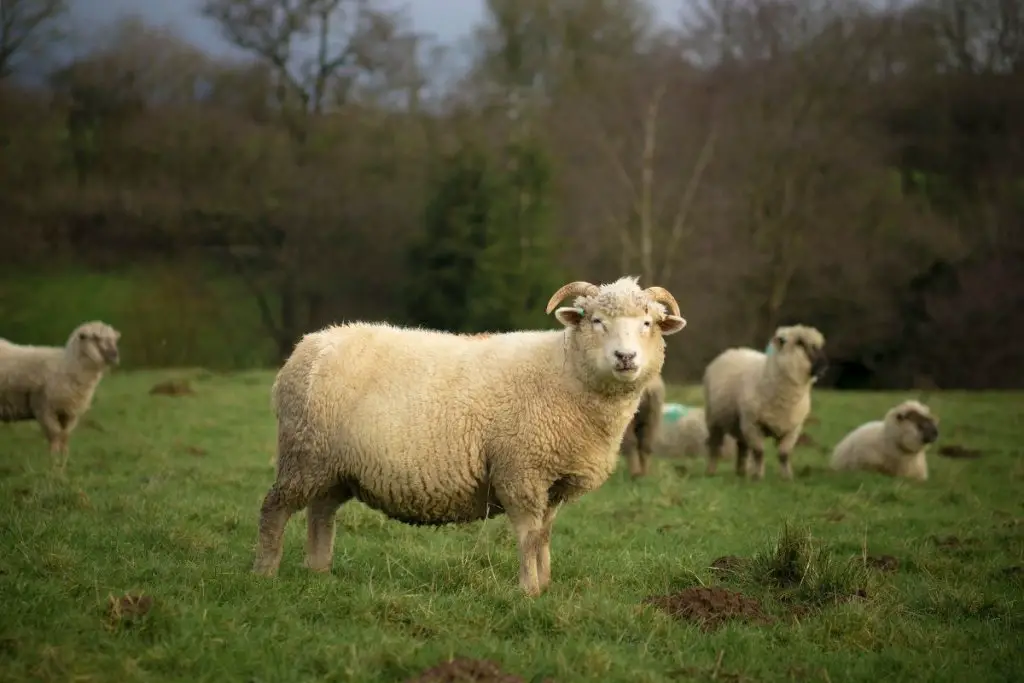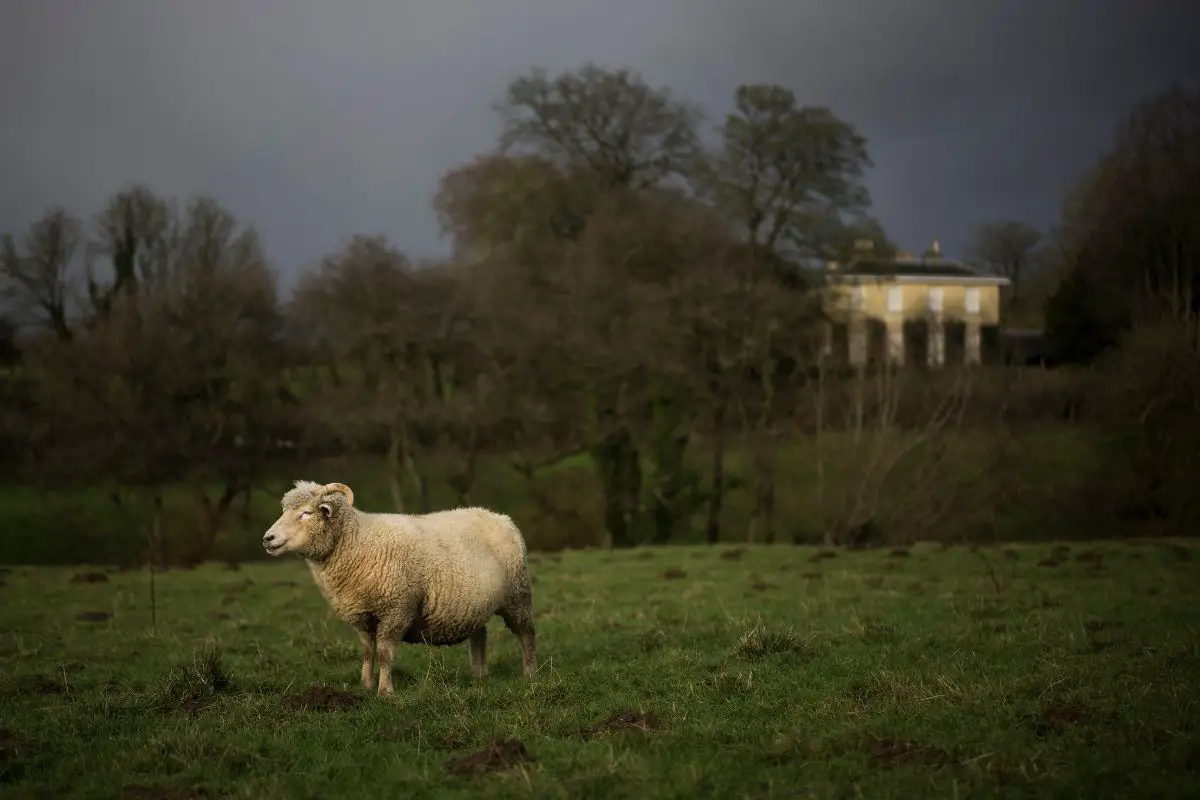The Dorset breed of sheep is a wonderful breed for beginners as they have incredible lambing abilities and produce lamb crop year-round. They are found in both hobby farms and commercial operations throughout the world.
This all-purpose sheep is ideal for farmers and can be more profitable than other breeds for several reasons. This article will cover all of the information you need to know about the Dorset Sheep Breed to help you decide whether this sheep is the right choice for your farm.
Table of Contents
Where do Dorset Sheep Come From?
Dorset Sheep came to exist by cross-breeding several older sheep breeds including Wale’s horned sheep and Spanish Merino sheep. After their introduction in southwest England, they soon spread to Wales, Devon, Somerset, and Dorset to take their place as one of the most desirable sheep breeds in those areas.
Dorset Sheep were first imported to the United States in 1860 to the Portland area of Oregon. They were first exhibited in 1885 in Chicago and in the next 30 years became the most popular white-faced sheep breed in the country.
What Types of Dorset Sheep Exist?
Dorset sheep come in two varieties:
| Horned Dorset | Are the original variety of Dorset Sheep and the dwindling population is currently being monitored by the Livestock Conservancy. Were the darlings of the sheep world until nearly a century later when Polled Dorset sheep were first created by breeders. |
| Polled Dorset | Quickly became the most popular variety as they don’t have horns which makes them easier to handle, and became the result of a genetic mutation via North Carolina State University. Were accepted in 1956 into the United States registry as a distinct breed and later became the most popular variety of Dorset Sheep both in the United States and in Europe. |
Both Horned Dorsets and Polled Dorsets are accepted by the Continental Dorset Club, which is the official registry office in the U.S.

What are the Characteristics of the Dorset Sheep?
Dorsets are one of the most well-rounded sheep breeds. They produce plentiful wool, lamb, and milk in profitable quantities. This all-purpose breed lends itself well to both commercial producers and small farm owners.
| Love to graze? | Yes |
| Climate | Warm weather preferred |
| Size | Medium |
| Ram size | 225 to 275 pounds |
| Ewe size | 150 to 200 pounds |
| Breeding season | Year-round |
This medium-sized sheep has excellent muscle conformation and is paired with a long torso producing a carcass that is desirable for most markets.
Dorset ewes are wonderful mothers to their young and have a good chance of birthing multiple offspring each year. They produce plentiful milk, and lamb easily.
What Kind of Fleece Does the Dorset Sheep Produce?
Dorset fleece is a beautiful, pure white color and has no dark fibers. It is of medium quality.
| Yield | 50 to 70 percent |
| Fleece | 5lbs to 9lbs |
| Staple length | 2.5″ to 4″ |
| Count | 46s to 58s |
| Thickness | 33 and 27 microns |
Raising Dorset Sheep
Dorset Sheep are one of the most popular sheep breeds in the world and a reliable choice for meat, wool and milk.
They have docile personalities, though you may want to handle the rams when younger to reduce aggression when they want to mate.
Dorsets can live 8 to 12 years with proper care. They do best if they have proper shelter such as a three-sided structure or enclosed barn with access to grazing land.
They are easy to obtain from breeders due to their popularity and you can find them year-round. The average cost is $350 per sheep – just be sure your purchase from a reputable breeder.

